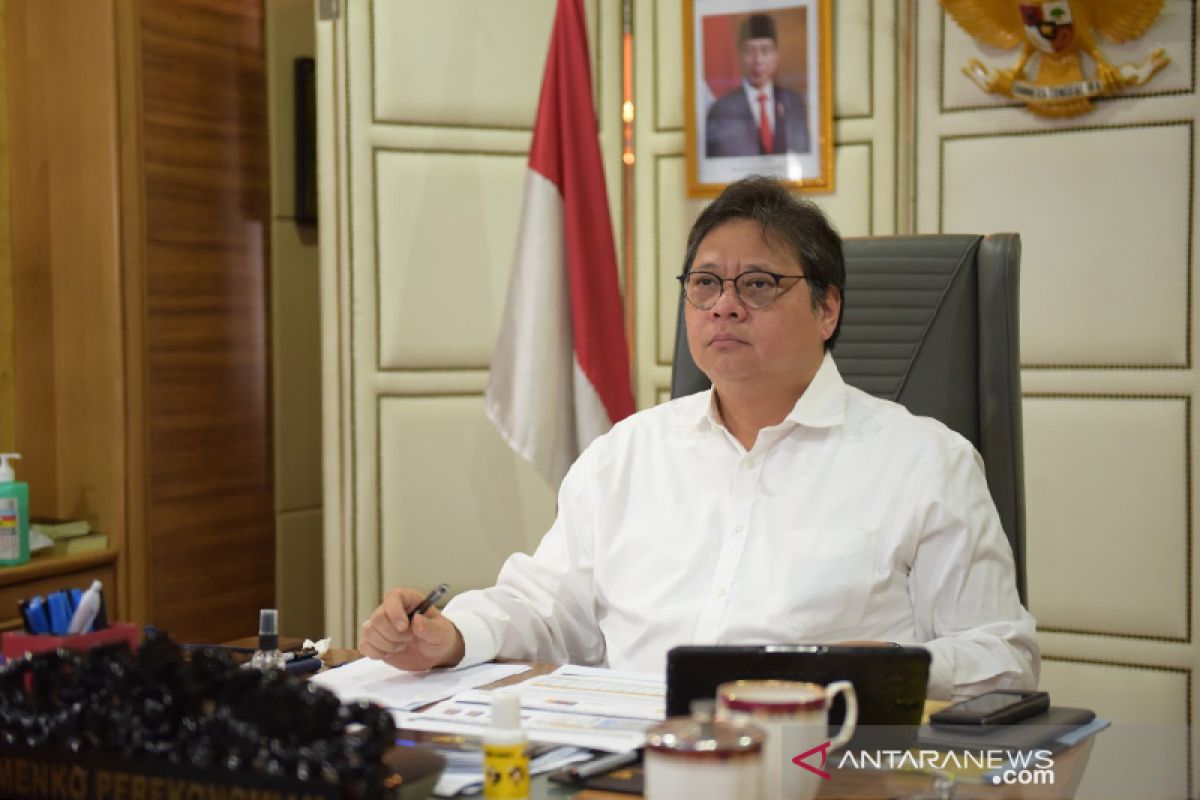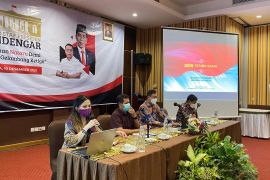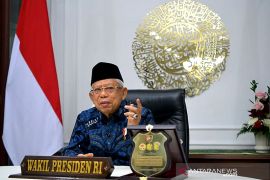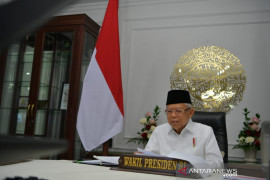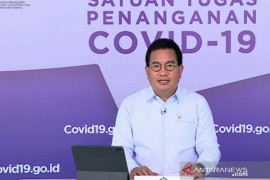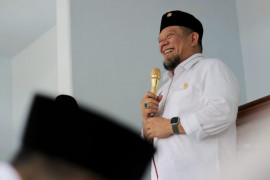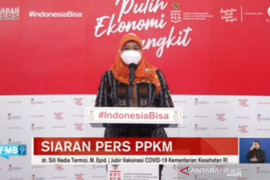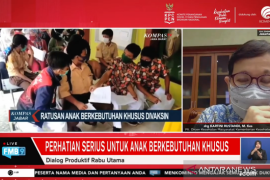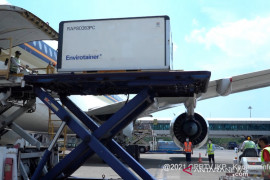The government has encouraged the implementation of the labor-intensive program in villages, and with the disbursement of the village fund, it can maintain the people's purchasing power and money circulation in rural areasJakarta (ANTARA) - Expansion of the labor-intensive program is projected to compensate for the impact of economic slowdown in rural areas following the ban on the annual exodus (mudik) during the Eid al-Fitr celebrations.
"The government has encouraged the implementation of the labor-intensive program in villages, and with the disbursement of the village fund, it can maintain the people's purchasing power and money circulation in rural areas," Coordinating Minister for Economic Affairs Airlangga Hartarto stated here on Wednesday.
The minister expressed hope that the labor-intensive program would provide jobs for villagers and boost the public's purchasing power despite the economy bearing the brunt of the mudik ban.
Annually, millions of people travel to their hometowns to celebrate Eid al-Fitr in a tradition known as mudik.
Money circulation in rural areas will receive a significant boost, as millions of Indonesians, who return back to their hometowns, carry along trillions of rupiah.
On Tuesday, President Joko Widodo (Jokowi) has officially barred all citizens from traveling to their hometowns during the Eid al-Fitr celebrations to thwart the transmission of COVID-19.
Related news: Ensure national rice stock data is accurate, Jokowi tells officials
Related news: President bans "mudik" for citizens to contain COVID-19 spread
Meanwhile, Finance Minister Sri Mulyani Indrawati affirmed that the distribution of additional social aid package is expected to lower the economic burden on the public owing to the impact of the pandemic.
The minister noted that the ban on mudik will allow local administrations to save their budget for the health sector, as potential transmission of the coronavirus can be curbed.
"There will be social and economic impacts, so we raise the disbursement of social aid by Rp110 trillion in addition to the relaxation on the industrial sector and expenditure in the health sector," Indrawati expounded.
The government has allocated Rp405.1 trillion of additional budget for handling COVID-19 in its 2020 state budget. The additional budget is stipulated in Government Regulation in lieu of Law No. 1 of 2020 on state financial policy and financial system stability.
Of the total additional budget, Rp75 trillion is allocated for the health sector, including protection of medical workers, purchase of healthcare equipment, renovation of healthcare facilities, and incentives for doctors.
Some Rp110 trillion of the budget is allocated for the social safety net program that encompasses additional budget for basic necessities cards, pre-employment cards, and electricity subsidy.
The budget for taxation incentive and microloan is allocated at Rp70.1 trillion and budget for the national economic recovery program at Rp150 trillion.
Related news: Roll out economic stimulus to keep real sector moving: Jokowi
Related news: Indonesia revises industrial growth target downwards to 2.6 percent
EDITED BY INE
Translator: Indra Arief P, Sri Haryati
Editor: Fardah Assegaf
Copyright © ANTARA 2020
